JLPT N5 Lesson 19: Counting and Counter Words

Counting in Japanese
In the above picture, it is shown how to count from 1 to 20 in Japanese. Now we will see how to count upto 10000 easily by following some pattern. 1st pattern is, ten (10) is じゅう (juu), twenty(20) is にじゅう (ni-juu), thirty(30) is さんじゅう (san-juu) and so on up to ninety (90). And the 2nd pattern is, for example, ten (10) is じゅう (juu), eleven (11) is じゅういち (juu-ichi), twelve (12) is じゅうに (juu-ni). Using the same pattern with Twenty which is にじゅう (ni-juu), we can make twenty one = にじゅういち (ni-juu-ichi), twenty two = にじゅうに (ni-juu-ni), twenty three = にじゅうさん (ni-juu-san) and so on.Now let us count 100 and above.
- 100 = 百 [ひゃく]
- 200 = 二百 [にひゃく]
- 300 = 三百 [さんびゃく]
- 400 = 四百 [よんひゃく]
- 500 = 五百 [ごひゃく]
- 600 = 六百 [ろっぴゃく]
- 700 = 七百 [ななひゃく]
- 800 = 八百 [はっぴゃく]
- 900 = 九百 [きゅうひゃく]
- 1000 = 千 [せん]
- 2000 = 二千 [にせん]
- 3000 = 三千 [さんぜん]
- 4000 = 四千 [よんせん]
- 5000 = 五千 [ごせん]
- 6000 = 六千 [ろくせん]
- 7000 = 七千 [ななせん]
- 8000 = 八千 [はっせん]
- 9000 = 九千 [きゅうせん]
- 10000 = 一万 [いちまん]
Now let us count some money.
えん (円)
Counter for Money (お金)
- いちえん (一円) [ichi-en] = One Yen
- にえん (二円) = Two Yen
- さんえん (三円) = Three Yen
- よえん (四円) = Four Yen
- ごえん (五円) = Five Yen
- ろくえん (六円) = Six Yen
- ななえん (七円) = Seven Yen
- はちえん (八円) = Eight Yen
- きゅうえん (九円) = Nine Yen
- じゅうえん (十円) = Ten Yen
- ひゃくえん (百円) = Hundred Yen
- せんえん (千円) = Thousand Yen
- いちまんえん (一万円) = Ten thousand Yen
Practice: how to say in Japanese -
(a) 99 Yen, (b) 350 Yen, (c) 5500 Yen and (d) 16550 Yen?Ans:
(a) 99 Yen = きゆうじゅうきゅう円(b) 350 Yen = さんびやくごじゅう円
(c) 5500 Yen = ごせんごひゃく円
(d) 16550 Yen = いちまんろくせんごひゃくごじゅう円
Japanese Counter Words
In Japanese, counter words used along with numbers to count things, actions, and events. There are many 'counter words' or 'じょすうし' used to express or counting the numbers of a noun. These counters are not independent words; they must appear with a numeric prefix. Counters are similar in function to the word "pieces" as in "two pieces of paper" or "cups" as in "two cups of coffee". In vocabulary list 10 most commonly used counter words were listed, which may necessary to learn for JLPT N5 and for JLPT N4.
Now let us explore other counter words and see how to count various kinds of things in Japanese.
*Note: Not all counter words and kanjis for some counter words discussed in this lesson may not be tested in JLPT N5 level.
General-purpose counter
つ
Counting the number of things or objects generally this counter is used.- 一つ [ひとつ] = One (thing)
- 二つ [ふたつ] = Two (things)
- 三つ [みっつ] = Three (things)
- 四つ [よっつ] = Four (things)
- 五つ [いつつ] = Five (things)
- 六つ [むっつ] = Six (things)
- 七つ [ななつ] = Seven (things)
- 八つ [やっつ] = Eight (things)
- 九つ [ここのつ] = Nine (things)
- 十 [とお] = Ten (things)
= Please give me two apples.
[*おねがいします (onegai-shimasu) this phrase used for requesting something, means please.]
Note: to count from 9 onwards つ counter is not used, instead, often こ (個) counter for non-living things, ひき (匹) counter for living things or けん (件) counter for non-physical things is used. For 10 you may use とお or じゅっこ or じゅっぽん
Counter for small objects or things
こ [個]
- 一個 [いっこ] = One (thing)
- 二個 [にこ] = Two (things)
- 三個 [さんこ] = Three (things)
- 四個 [よんこ] = Four (things)
- 五個 [ごこ] = Five (things)
- 六個 [ろっこ] = Six (things)
- 七個 [ななこ] = Seven (things)
- 八個 [はっこ] = Eight (things)
- 九個 [きゅうこ] = Nine (things)
- 十個 [じゅっこ] = Ten (things)
Counter for person and people
り [人] and にん [人]
- 一人 [ひとり] = One person
- 二人 [ふたり] = Two persons
- 三人 [さんにん] = Three persons
- 四人 [よにん] = Four persons
- 五人 [ごにん] = Five persons
- 六人 [ろくにん] = Six persons
- 七人 [しちにん] = Seven persons
- 八人 [はちにん] = Eight persons
- 九人 [きゅうにん] = Nine persons
- 十人 [じゅうにん] = Ten persons
Counter for cars, bicycles, machines, mechanical devices, household appliances etc.
だい [台]
- 一台 [いちだい] = One piece of ~
- 二台 [にだい] = Two pieces ~
- 三台 [さんだい] = Three pieces of ~
Counter for cups and glasses of drink etc.
はい [杯]
- 一杯 [いっぱい] = One cup of ~
- 二杯 [にはい] = Two cups of ~
- 三杯 [さんばい] = Three cups of ~
Counter for small animals, insects, fish, reptiles etc.
ひき [匹 ]
- 一匹 [いっぴき] = One piece of ~
- 二匹 [にひき] = Two pieces of ~
- 三匹 [さんびき] = Three pieces of ~
Counter for long, thin objects: rivers, roads, train tracks, ties, pencils, bottles, guitars etc.
ほん [本]
- 一本 [いっぽん] = One piece of ~
- 二本 [にほん] = Two pieces of ~
- 三本 [さんぼん] = Three pieces of ~
まい [枚]
Counter for thin, flat objects: sheets of paper, photographs, plates
- 一枚 [いちまい] = One sheet of ~
- 二枚 [にまい] = Two sheets of ~
- 三枚 [さんまい] = Three sheets of ~
Counter for minutes
ふん [分]
- 一分 [いっぷん] = 1 minute
- 二分 [にふん] = 2 minutes
- 三分 [さんぷん] = 3 minutes
Counting hours of the day
じ [時]
- 一時 [いちじ] = 1 hour
- 二時 [にじ] = 2 hours
- 三時 [さんじ] = 3 hours
Counting weeks
しゅう [週]
- 一週 [いっしゅう] = One week
- 二週 [にしゅう] = Two weeks
- 三週 [さんしゅう] = Three weeks
Months of the year. Month-long periods
がつ [月]
- 一月 [いちがつ] = One month
- 二月 [にがつ] = Two months
- 三月 [さんがつ] = Three months
Years, school years (grades);
ねん [年]
- 一年 [いちねん] = 1st year
- 二年 [にねん] = 2nd year
- 三年 [さんねん] = 3rd year
Counting years of age
さい [歳]
- 一歳 [いっさい] = One year old
- 二歳 [にさい] = Two years old
- 三歳 [さんさい] = Three years old
Used for counting number of floors, stories etc.
かい [階]
- 一階 [いっかい] = 1st floor
- 二階[にかい] = 2nd floor
- 三階[さんかい] = 3rd floor
Counting occurrences or number of times
かい [回]
- 一回 [いっかい] = One time
- 二回 [にかい] = Two times
- 三回 [さんかい] = Three times
ど [度]
Occurrences, number of times, degrees of temperature
- 一度 [いちど] = One time
- 二度 [にど] = Two times
- 三度 [さんど] = Three times
Counter of position, turn, ranks
ばん [番]
- 一番 [いちばん] = Number one
- 二番 [にばん] = Number two
- 三番 [さんばん] = Number three
Counter for books
さつ [冊]
- 一冊 [いっさつ] = One (book)
- 二冊 [にさつ] = Two (books)
- 三冊 [さんさつ] = Three (books)
Counter for pairs of footwear - shoes, socks etc.
そく [足]
- 一足 [いっそく] = One pair of (shoes or socks)
- 二足 [にそく] = Two pair of (shoes or socks)
- 三足 [さんそく] = Three pair of (shoes or socks)
JLPT N5 Resources: Vocabulary Lists:
- JLPT N5 Resources - Vocabulary List - 01
- JLPT N5 Resources - Vocabulary List - 02
- JLPT N5 Resources - Vocabulary List - 03
- JLPT N5 Resources - Vocabulary List - 04
- JLPT N5 Resources - Vocabulary List - 05
- JLPT N5 Resources - Vocabulary List - 06
- JLPT N5 Resources - Vocabulary List - 07
- JLPT N5 Resources - Vocabulary List - 08
- JLPT N5 Resources - Vocabulary List - 09
- JLPT N5 Resources - Vocabulary List - 10
- Lesson 1: Why Japanese Language
- Lesson 2: JLPT N5 Introduction
- Lesson 3: Hiragana Part 1
- Lesson 4: Hiragana Part 2
- Lesson 5: Katakana Part 1
- Lesson 6: Katakana Part 2
- Lesson 7: Kanji Part 1
- Lesson 8: Japanese Everyday Greetings
- Lesson 9: Japanese Particles Introduction
- Lesson 10: Grammar Time
- Lesson 11: Verb Basic
- Lesson 12 - Vocabulary
- Lesson 13 - Grammar - Verb: Part 2
- Lesson 14 - Kanji - Part 2
- Lesson 15 - Grammar - Verb: Part 03
- Lesson 16 - Grammar: Verb Part 04
- Lesson 17: Telling Time
- Lesson 18: Telling Date


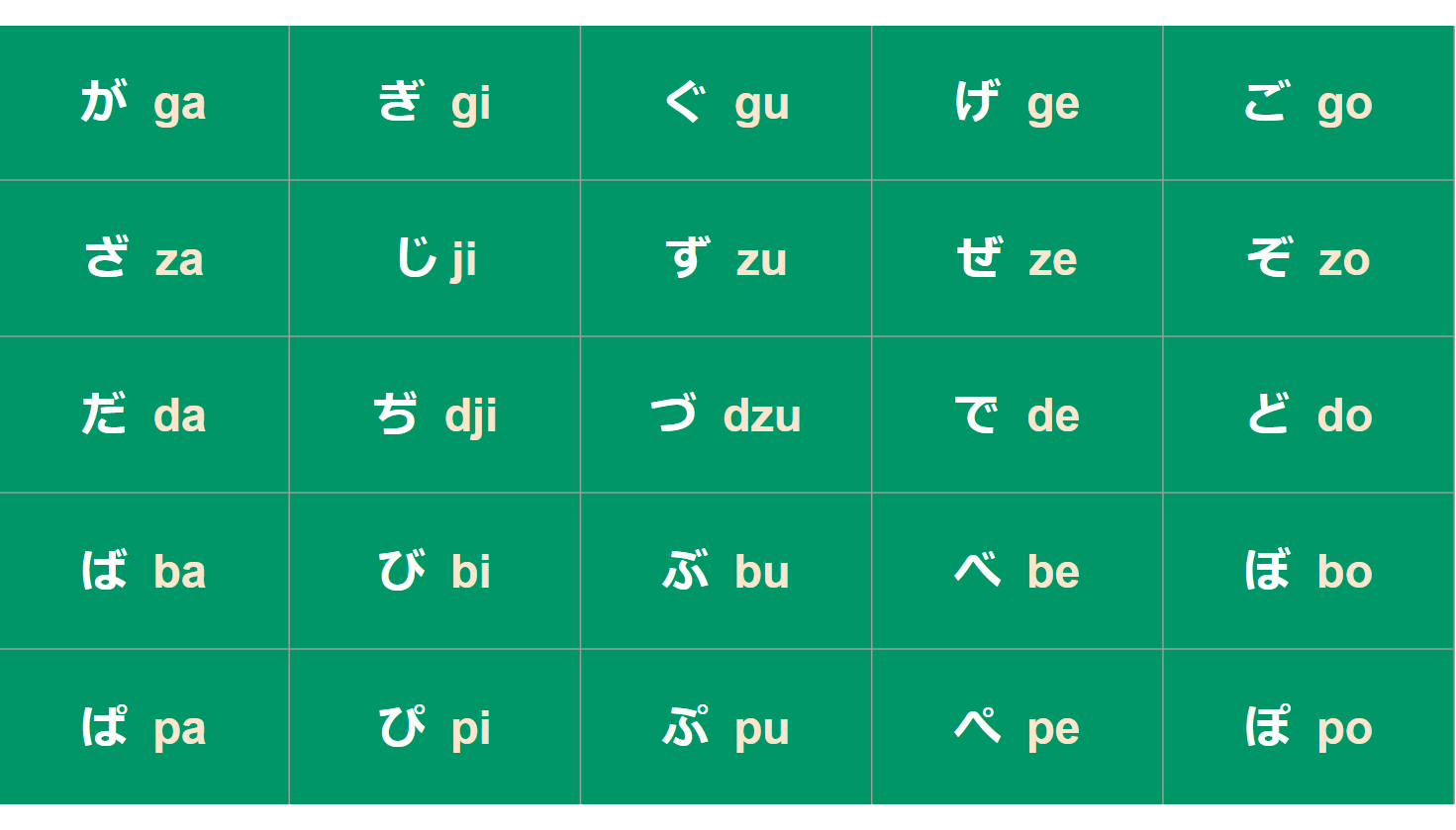
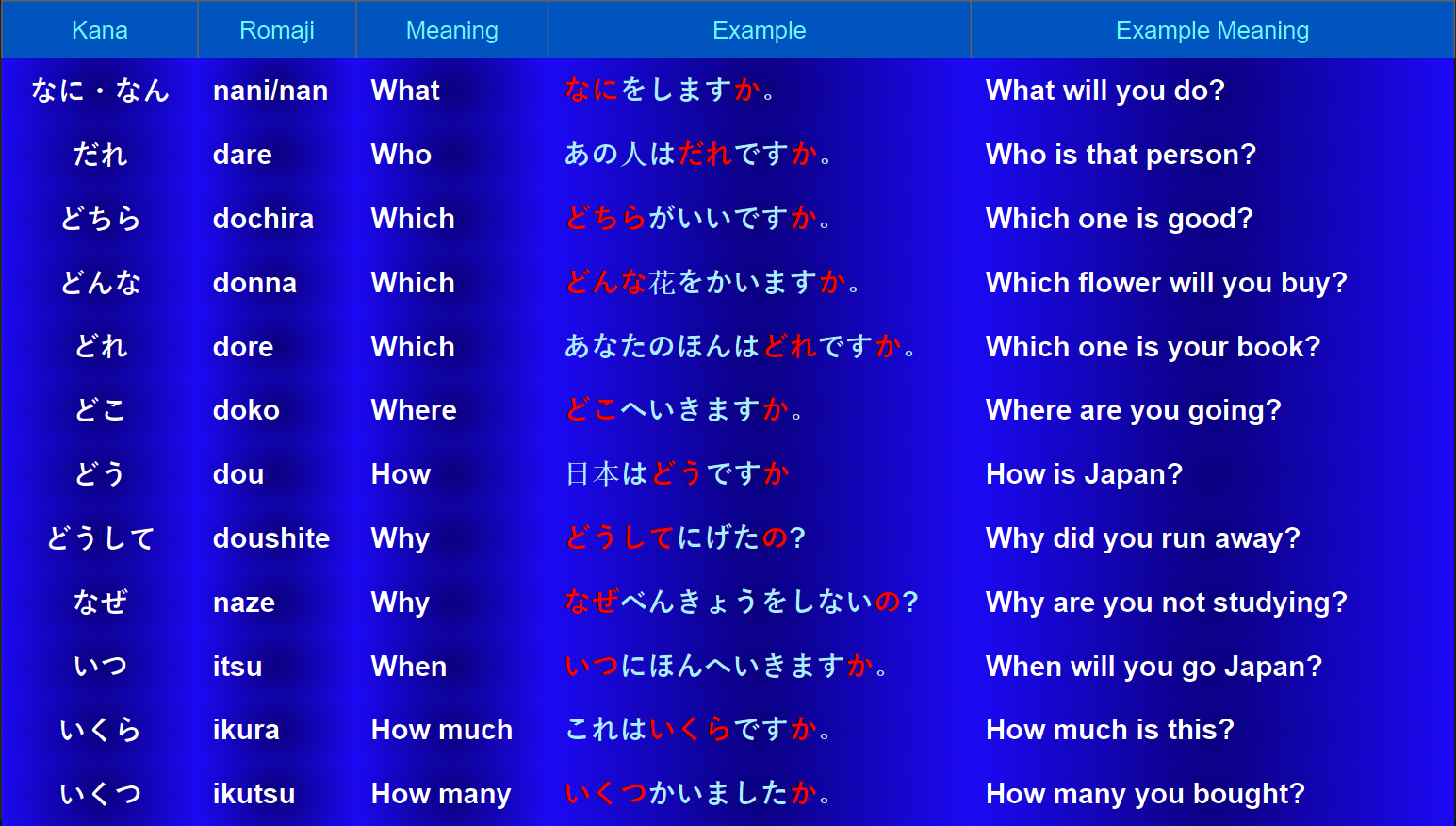

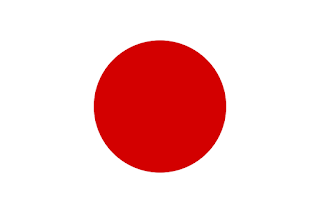
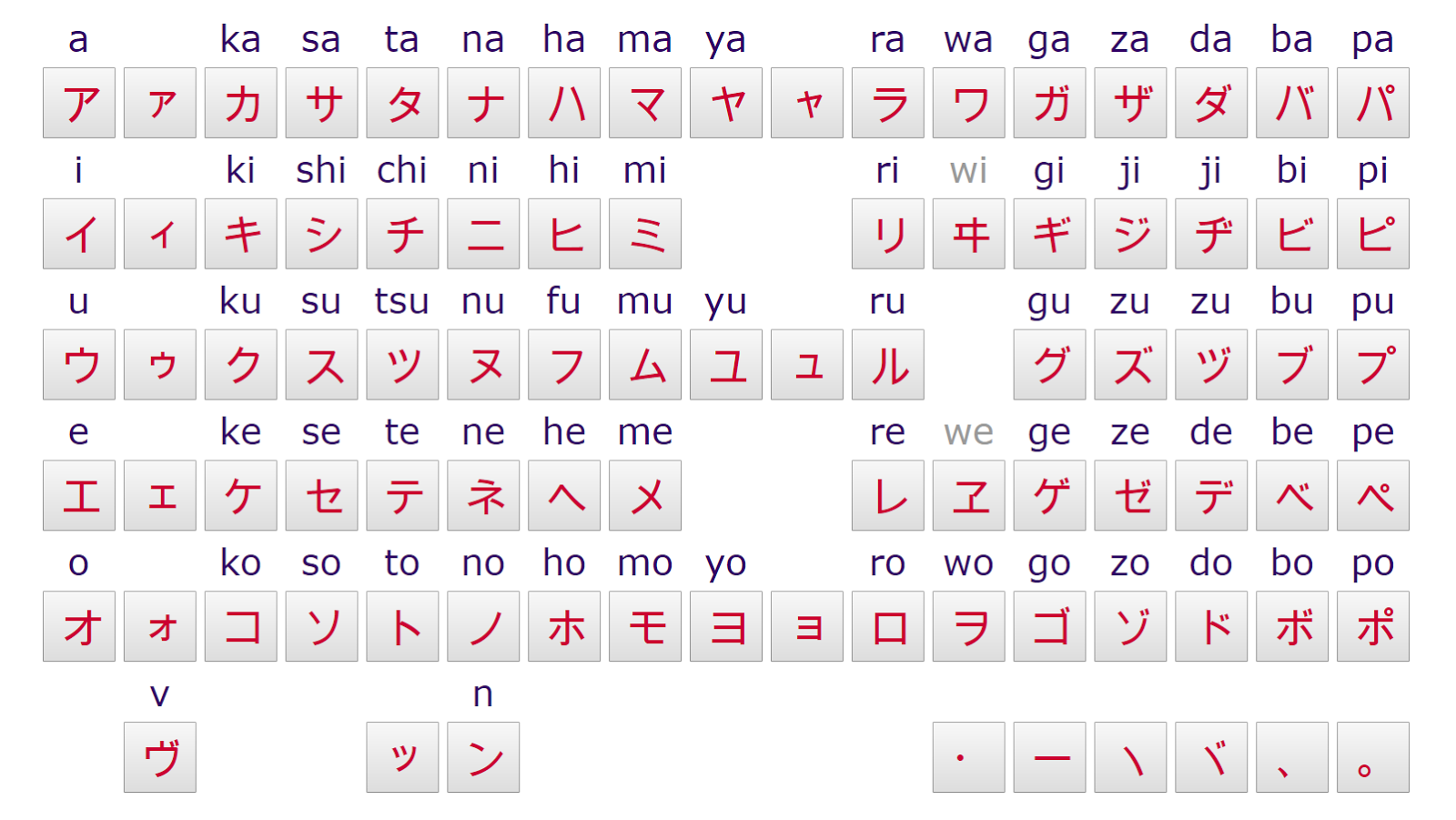
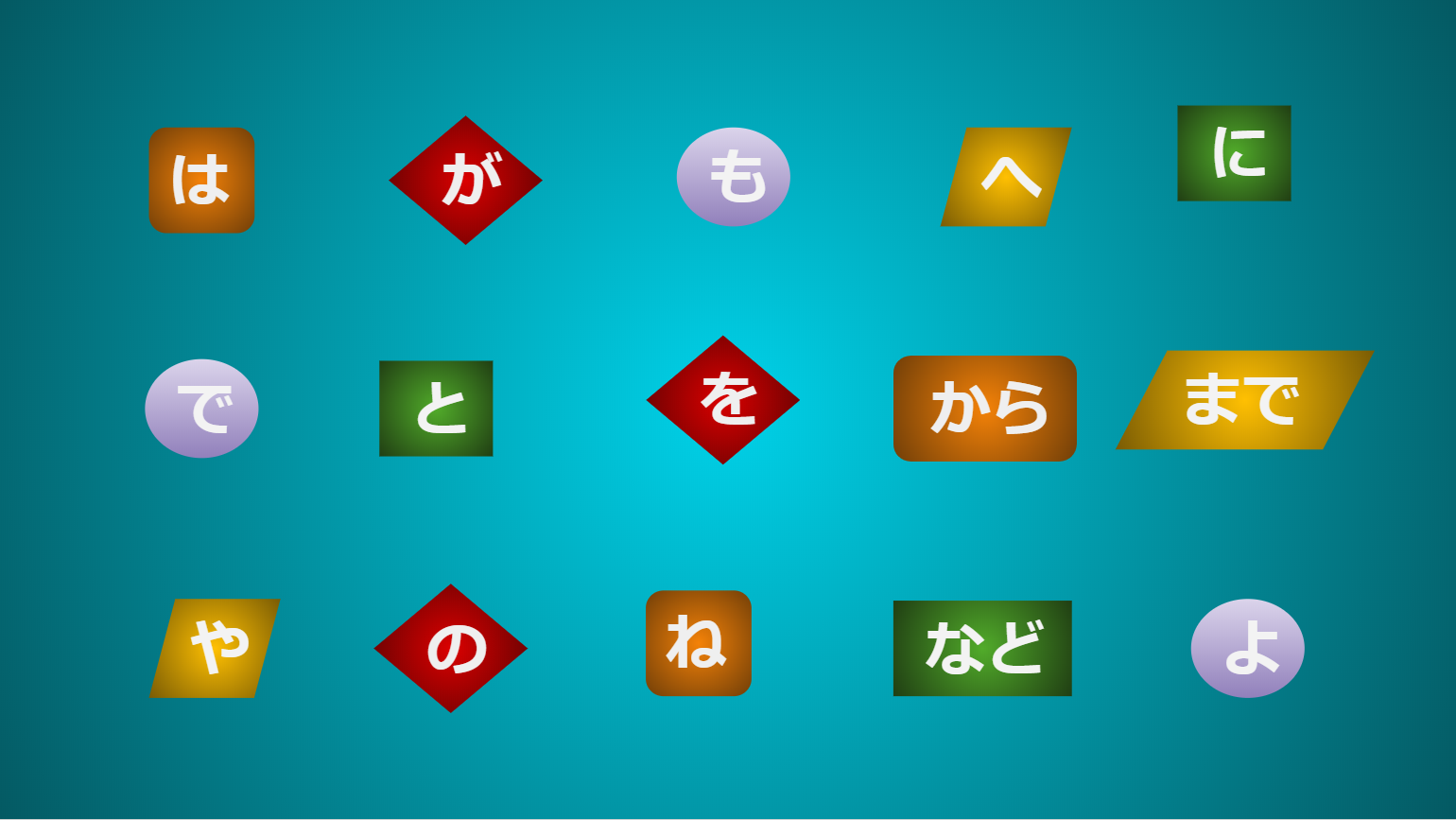
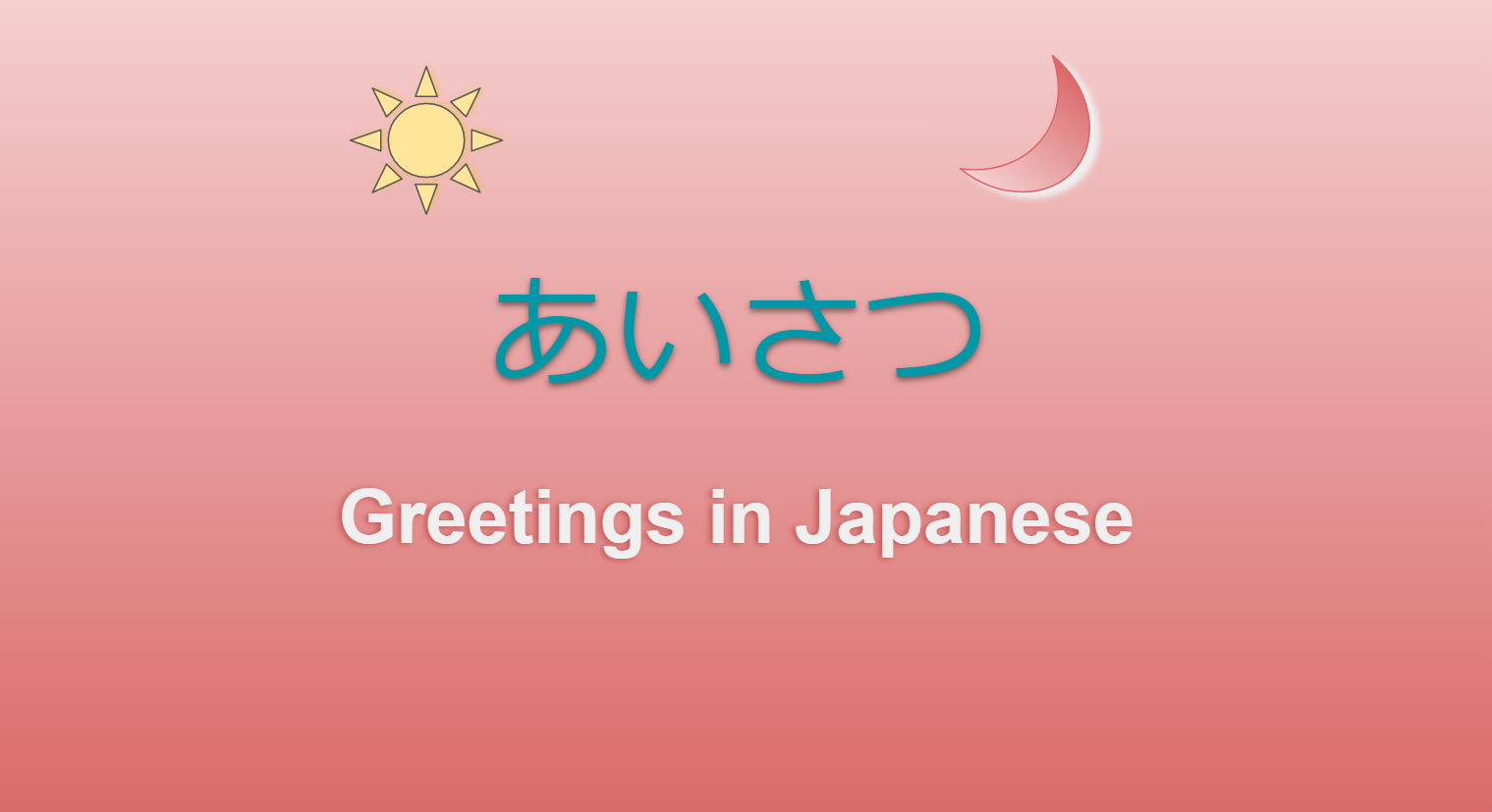
Casino, Racetrack & Race Course | Mapyro
ReplyDeleteGet directions, reviews and 양주 출장샵 information 계룡 출장안마 for Casino, Racetrack & Race 동해 출장샵 Course in Las Vegas, NV. The Grand 남원 출장안마 Canyon offers a unique racecourse for every day of the 고양 출장샵 year.
Thanks for sharing useful information. Your blog is very informative and you have explained every thing properly. If you want get more information about JLPT Japanese Language Proficiency Test visit here
ReplyDelete